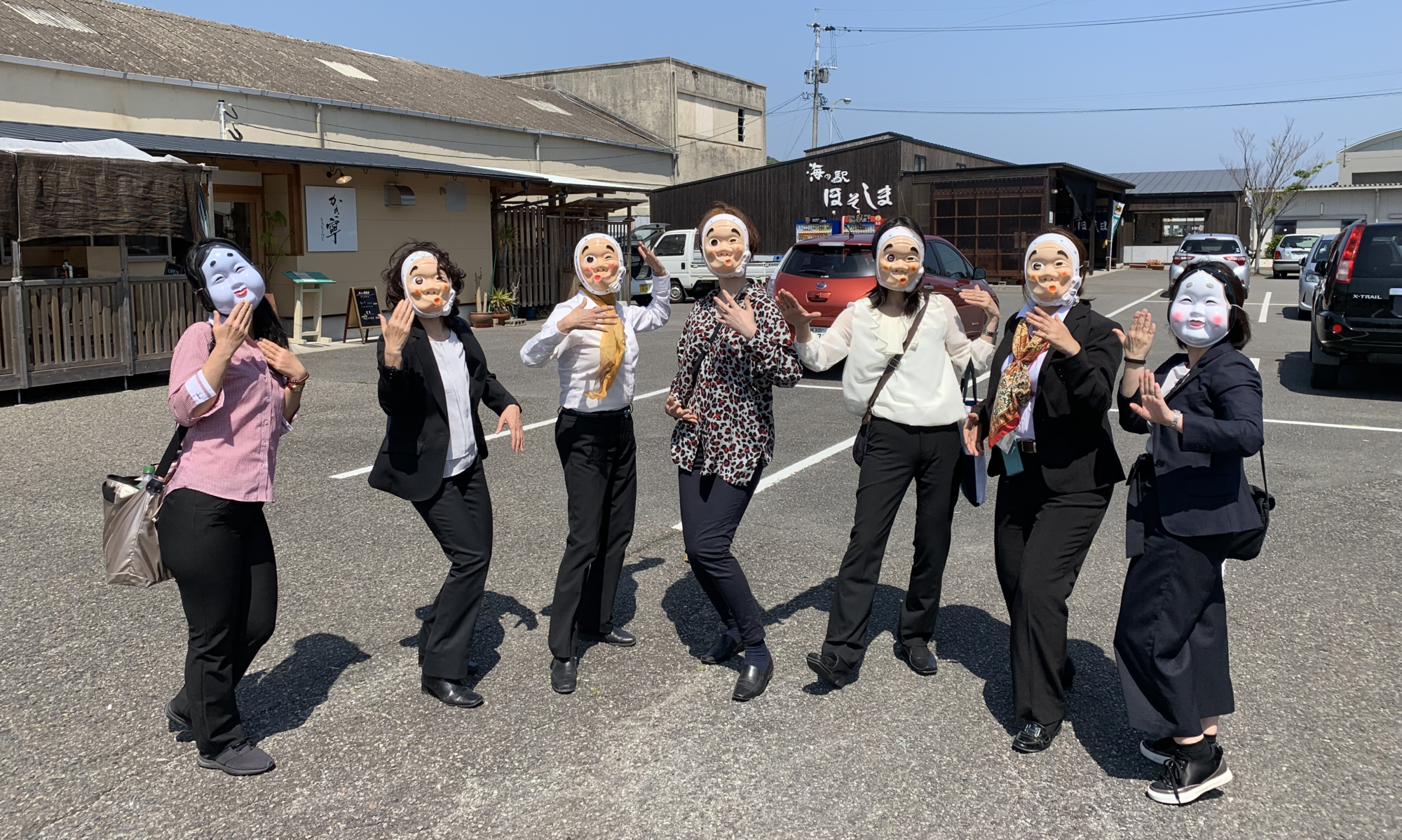訪日外客数が急激に回復しているインバウンド業界では、ガイドの力が必要不可欠となっています。全国通訳案内士の資格を取って、新しい世界で活躍しませんか? K-iTGの対策講座は試験合格だけを目標にせず、実際に仕事に役立つ質の高い “本物の実力をつける講座”となっています。
全国通訳案内士であるK-iTGのベテラン講師や勉強仲間と一緒に新しい世界の扉を開けましょう。講座内容や講師を紹介する無料説明会を行います。是非ご参加ください。
<無料説明会> 2025年3月8日(土)13:00~14:00 対面とZoomによるハイブリッド無料説明会 (録画配信あり)
<各講座内容・日時・講座料(各講座90分)>*講座はすべて日曜日開催。録画配信はありません。
▼講座および無料説明会のお申し込みはこちらから▼
https://forms.gle/KJb6TLzR9mv9RaW18
※フレンドシップ会員はIJCEE, GICSS, KIGA, OIGA,アイリス京都の会員の方です。
※英語・一般常識・通訳案内の実務は全日程コースのみです。
<講座内容>
【英語】学問に王道なし。
<この問題の解答ポイントわかりますか?>
日本語で書かれた内容を英語で端的に表現する場合、最も適切なものはどれか。
(2020年過去問より)
最近は、電車で車掌さんが英語のアナウンスもしているのですよ。
- The train operators recently make the announcement in English.
- The train operators are making English announcements recently.
- The train conductors have made the announcements in English these days.
- The train conductors make announcements in English these days.
この問題は「私は最近東京を訪れました。」を正しく英作文できる人には即答できる問題です。
【日本地理】伴走します!日本列島 出るトコロ 練りに練られた演習問題中心の講座です。各地域の頻出事項を着実に押さえながら、知識のネットワークを広げていきましょう。
【日本歴史】 伴走します!「現代→原始」の時間旅行 練りに練られた演習問題中心の講座です。手薄になりがちな近現代から原始古代へとさかのぼりながら、頻出のヒト、コト、モノを押さえ、基本知識の定着をめざしましょう。
【一般常識】 ニュースを、白書を、楽しく読んで徹底対策! 講師2名のトークと練りに練られた演習問題中心の講座です。観光白書の要点について理解を深めます。
【通訳案内の実務】 実務のイメージふくらませ、より効率的に! 観光庁テキストが基本…とは言え、ひとり漫然と読んでも非効率。 現役のベテラン通訳ガイドの解説を手がかりに、実感とともに理解を深めていきましょう。
<講師紹介>
*平川敬介氏 全国通訳案内士(韓国語) K-iTG通訳案内士試験邦文対策講師
高校生向け全国模試(地歴・公民)編集などの経験を生かし、福岡市内の大学課外講座などで全国通訳案内士試験対策講座を担当してきた。 著書に『600字で書く文章表現法』、訳書に『キムサンギュ教授のことわざ経済学』がある。『歴史教育“シン”入門』所収のコラム「韓国の歴史教育と”探求“」を分担執筆
*日隈雅博氏 全国通訳案内士(英語)K-iTG通訳案内士試験英語二次対策講師
北九州市立大学中国語専攻卒業。
高校・大学時代に英語弁論大会にて全国優勝多数。引退後は英語弁論の指導講師、全国の弁論大会の審査員となり、未来の世代の英語力向上に尽力。ニュージーランドの幼稚園・学校にて英語指導経験もあり、現在は大手大学受験予備校の大学受験科講師を務める。著書に『サボり英会話』がある。
*古川純子氏 全国通訳案内士(英語)、ビジネスマナー講師、九州通訳・翻訳者・ガイド協会 常務理事、福岡県支部長、大学での英語非常勤講師
ガイド新人研修、通訳案内登録研修、通訳案内士試験対策研修、地域通訳案内士育成研修、福岡県九州アジア観光アイランド特区ガイド育成研修等、講師歴多数。観光庁よりインバウンド講師の指導員認定を受ける。
ガイド歴16年、近年はリッツ・カールトン滞在やななつ星のゲストをガイドしている。
*スアレス志保氏 全国通訳案内士(英語) K-iTG宮崎県支部長
東京、メキシコカンクンでのホテルコンシェルジュで培ったホスピタリティを活かし九州全域で活動中。 地元宮崎県の高千穂ではAmazon Prime の番組ジェームズ・メイの世界探訪にもガイドとして出演。 生放送でニュースを読んでいる現役ラジオパーソナリティが、時事問題や観光白書を一緒に読み解きます!
皆様のお申し込みをお待ちしております!
【ご連絡先】
一般社団法人 九州通訳・翻訳者・ガイド協会 K-iTGアカデミー Kyushu Association of Interpreters, Translators and Guide-Interpreters
TEL:092-710-1150 (平日10:00-17:00)










コメントを投稿するにはログインしてください。